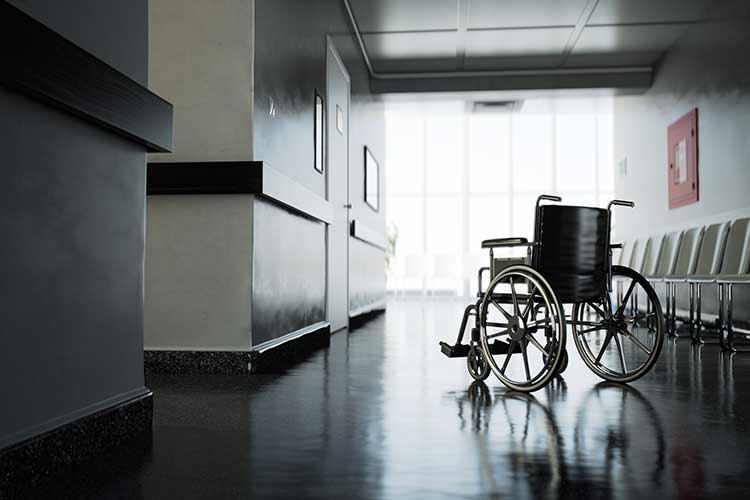Hospice offers a holistic approach to care focused on comfort and quality of life rather than cure. But what are the most common diagnoses that require hospice care? Understanding the hospice needs for different diagnoses can help patients, families, and caregivers prepare and plan, providing the best possible care and support at the end of life.
10 Most Common Diagnoses in Hospice: Understanding the End-of-Life Care Needs
Stay informed about the most common diagnoses in hospice care. Get reliable information from Superb Hospice to help make the best treatment decisions.
Superb Hospice is devoted to providing compassionate and personalized care for our clients during end-of-life transitions. We understand that everyone’s journey through this difficult time is unique, so we strive to create an individualized plan of support tailored specifically for each person to ensure the most meaningful experience possible.
1. Cancer:
Cancer is the most common diagnoses in hospice care, accounting for around 31% of hospice patients. When cancer has progressed to the point where treatment is no longer effective, hospice can provide pain management, symptom relief, and emotional support.
2. Heart Disease:
Heart disease is the second most common diagnoses in hospice care, accounting for around 14% of hospice patients. Patients with advanced heart disease may experience fatigue, pain, difficulty breathing, and other symptoms that can be managed with hospice care.
3. Dementia:
Dementia and Alzheimer’s disease account for around 10% of hospice patients. As these conditions progress, patients may experience confusion, agitation, difficulty communicating, and other symptoms that can be managed with hospice care.
4. Lung Disease:
Lung disease, including chronic obstructive pulmonary disease (COPD), accounts for around 6% of hospice patients. As lung function declines, patients may experience breathing difficulties, fatigue, and other symptoms that can be managed with hospice care.
5. Stroke:
Stroke accounts for around 5% of hospice patients. When someone has a stroke, they may experience cognitive and physical changes that can be managed with hospice care.
6. Kidney Disease:
Kidney disease, including end-stage renal disease (ESRD), accounts for around 4% of hospice patients. As kidney function declines, patients may experience pain, fatigue, difficulty breathing, and other symptoms that can be managed with hospice care.
7. Liver Disease:
Liver disease, including cirrhosis, accounts for around 4% of hospice patients. As liver function declines, patients may experience fatigue, pain, and other symptoms that can be managed with hospice care.
8. Neurological Disease:
Neurological diseases, including Parkinson’s and ALS, account for around 3% of hospice patients. As these conditions progress, patients may experience weakness, difficulty communicating, and other symptoms that can be managed with hospice care.
9. HIV/AIDS:
HIV/AIDS accounts for around 1% of hospice patients. As the disease progresses, patients may experience fatigue, pain, and other symptoms that can be managed with hospice care.
10. Other Diagnoses:
Other diagnoses, including infections and multiple chronic conditions, account for around 22% of hospice patients. With hospice care, patients can receive symptom management and support throughout the end-of-life process.
Conclusion:
Hospice care can provide valuable support for individuals facing end-of-life care needs related to various diagnoses. Understanding the most common diagnoses that require hospice care can help patients, families, and caregivers prepare and plan for the best possible care and support.
At Superb Hospice, our experienced care team is dedicated to providing compassionate and personalized hospice care for every patient and family we serve. Contact us today to learn how we can support you or your loved one through the end-of-life process.




